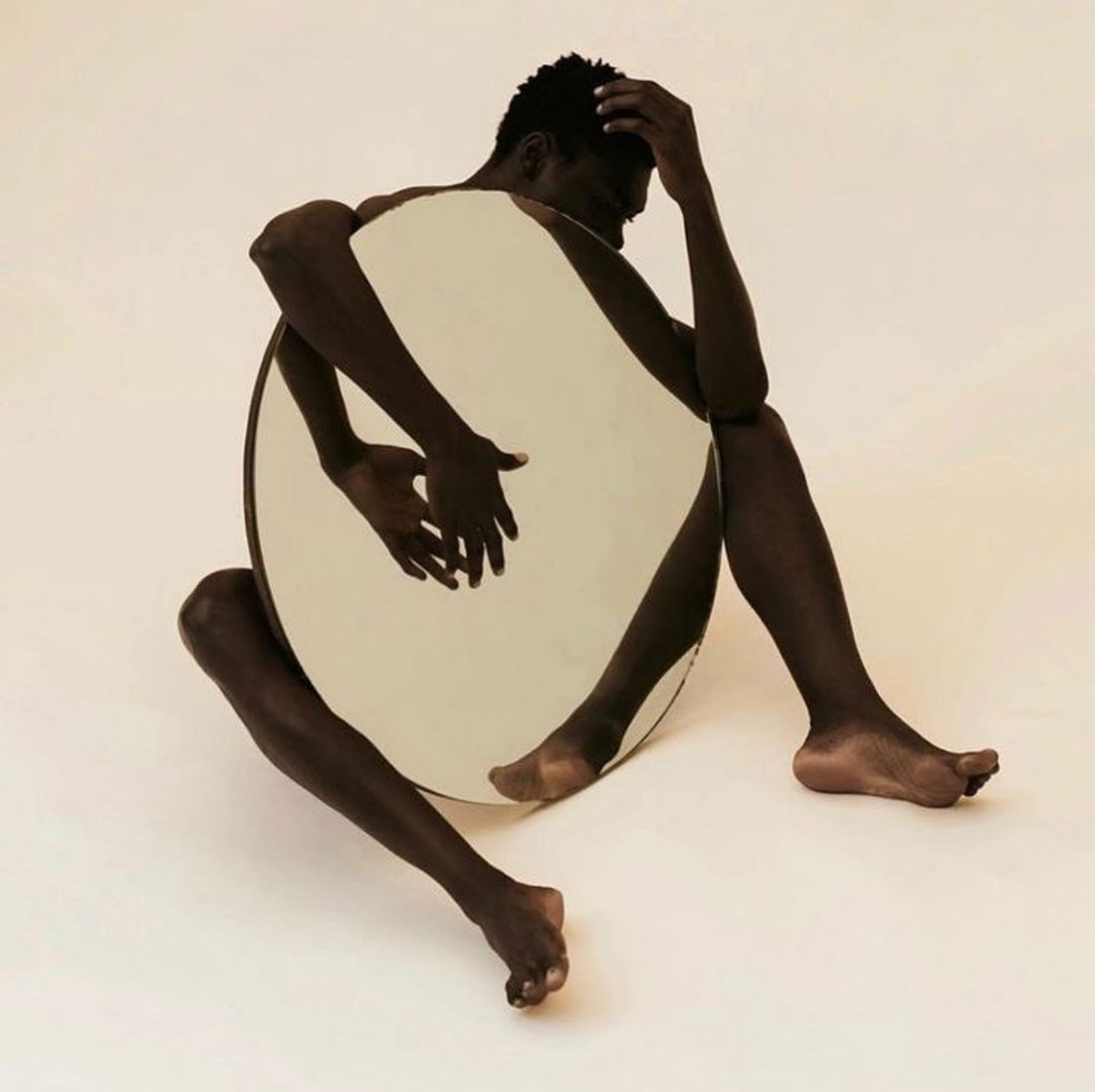Ayurveda, the ancient science of life believes that a human's need to satiate all its emotions requires an experience of intimacy balanced out in the physical, mental, emotional, and spiritual body. Self love and acceptance are powerful emotions that drive us to seek a deeper connection not just to ourselves but also with life.
The Doshas & Emotions
Parallel to the western understanding of body and personality types, Ayurveda categorises all beings into three bio-circulatory forces, or doshas. A dosha is a unique combination of the elemental forces that decide to dominate a body type from the time of birth, giving each person a unique mental identity to perceive and respond to emotions. Vata, Pitta, and Kapha are the three doshas, which, when out of balance, can affect various aspects of health, including emotions. Understanding one's dosha can help to navigate how we digest, process, assimilate, navigate and experience emotions in a harmonious way. Let's briefly look at how each dosha responds to their emotional environment.
The Sensitive Vata
Vata dosha is characterized by lightness, movement, and creativity and exhibits spontaneity. A vata is often social and enjoys making new connections. They may feel drawn to friends who share their interests in creativity, exploration, and intellectual discussions. The adaptable vata expresses emotion with enthusiasm. However, their tendency towards variability and instability may also manifest in fluctuating levels of desire or interest and require reassurance from their partners. They may seek relationships who can provide stability and understanding.
Sensitive to touch, vata enjoys a light, gentle touch that provides comfort and reassurance. Massage and other forms of nurturing touch greatly help the vata type. They benefit from intimate emotional experiences that provides warmth, comfort, and a sense of grounding to balance their inherent tendencies toward restlessness.
The Passionate Pitta
Pitta is characterized by passion and ambition, and they admire loyalty and honesty in their relationships. They are assertive and direct in expressing their needs. The pitta holds a small circle of close friends whom they trust and admire, appreciating those who are intellectually stimulating and share their passions. Pitta's fiery nature may lead to a strong physical and emotional connection, but prone to perfectionism and competitiveness, the pitta creates pressure or high expectations in intimate relationships.
Pitta individuals enjoy touch that is firm and invigorating, providing a sense of energy and vitality. They may enjoy activities like sports or physical exercise that allow them to release tension and recharge. Pitta individuals may benefit from intimacy that fosters emotional connection, relaxation, and playfulness to balance their intense nature.
The Nurturing Kapha
Kapha is characterized by stability, nourishment, and loyalty; the kapha personality types look for comfort and security in their relationships and are drawn to people who are compassionate and empathetic. A long-term commitment to a kapha is very important, and their stable presence leads to deep connections. However, Kapha types may also be prone to complacency or inertia, which can sometimes manifest as a lack of spontaneity or excitement in intimate relationships.
The tender and patient kapha loves to hug and cuddle; these forms of expression promote a sense of emotional bonding in kapha personality types. A partner or friend that brings variety, spontaneity, and stimulation to the environment helps to balance the kapha's tendency towards stability and routine.
It is important to remember that people might have a combination of doshas in varying quantities, and their lifestyle, environment, and personal experiences can influence their emotional wellbeing. Hence, consulting with an Ayurvedic practitioner can provide individualized advice on how to bring balance, compassion, understanding and connection.
